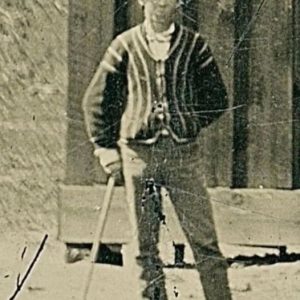“Decoding Carly Simon’s Iconic Tune: The Muse Behind ‘You’re So Vain’”
Carly Simon’s legendary track “You’re So Vain” not only catapulted her career to new heights but also became one of rock ‘n’ roll’s most intriguing enigmas. The burning question: Who inspired this iconic song?
In the vibrant era of the 1970s, marked by musical transitions from The Beatles to Bob Dylan, Carly Simon’s album “No Secrets” emerged in November 1972.
It wasn’t just any album; it was her ticket to widespread acclaim, dominating charts globally and earning a gold status. Amidst its tracks, “You’re So Vain” stood out, rapidly becoming synonymous with Simon’s artistry and gaining a legendary status over time.

The song’s allure was magnified by its mystery, sparking widespread speculation about its subject. While many theorized about Mick Jagger, especially since he contributed uncredited vocals, Simon ultimately revealed the true inspiration: Hollywood’s Warren Beatty, known for his charm and good looks, whom she briefly dated in the early 1970s. This revelation added a new layer to the song’s narrative, offering insight into Simon’s personal life and the cultural milieu of that time.
Simon’s memoir further teased the audience, hinting that the song also referenced two other individuals, yet she chose to keep their identities under wraps. This discretion added to the song’s mystique, inviting listeners to delve into its lyrics for hidden clues and meanings.

Apart from her musical triumphs, Simon’s personal life also garnered attention. Her relationship with James Taylor, whom she married in 1972, was a significant chapter in her life, marked by both love and challenges, including struggles with drug use.

Simon’s enduring legacy in the music industry is undeniable. Her contributions extend beyond “You’re So Vain,” with hits like “Nobody Does It Better” and “Let The River Run,” earning her numerous accolades and a place in the Songwriters Hall of Fame.
As we celebrate Carly Simon’s illustrious career and the timeless allure of “You’re So Vain,” we remain captivated by the song’s enduring mystery and Simon’s remarkable journey in the world of music.





